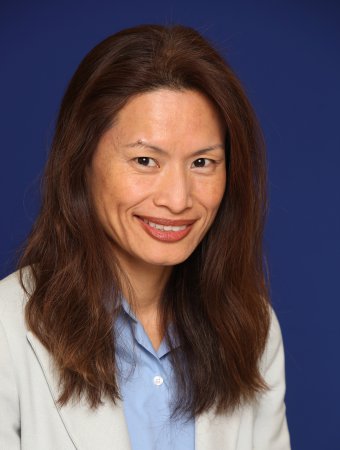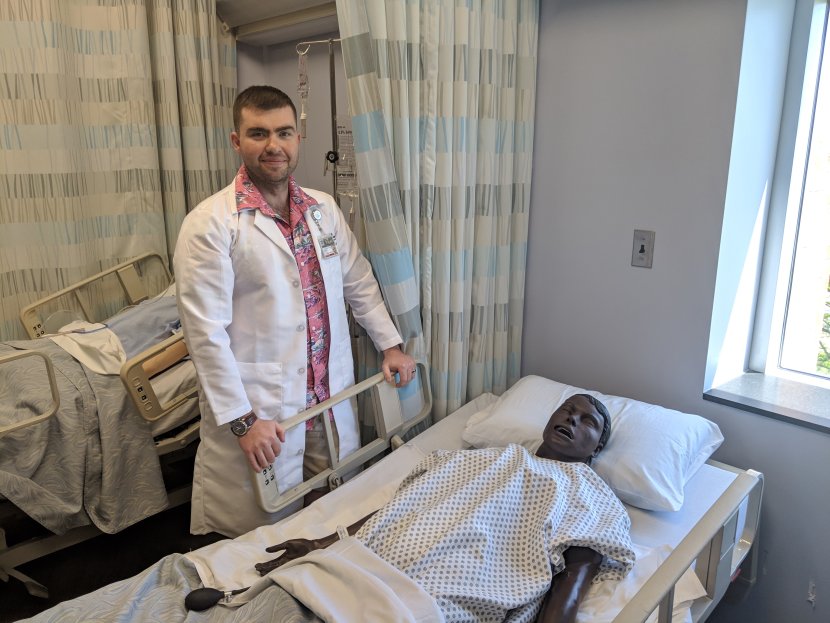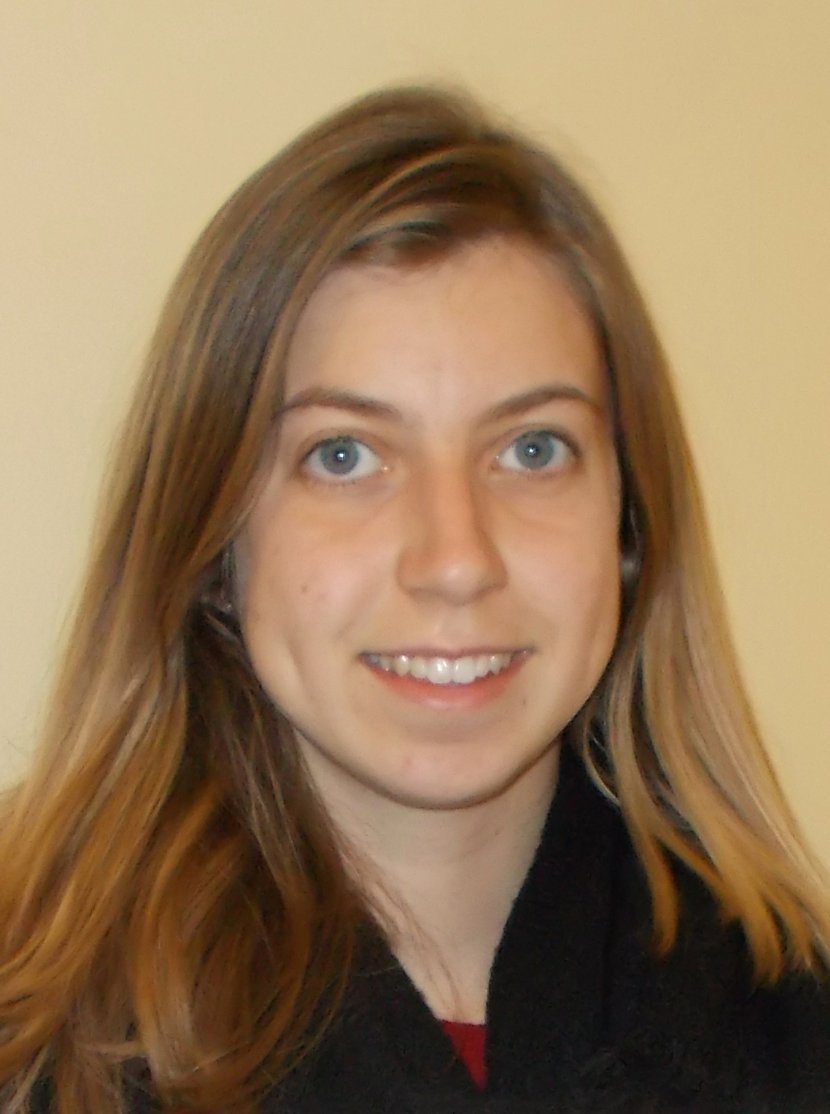Anna Jeng
By Irv Harrell
When Anna Jeng left her home in the Penghu islands to attend college in the mainland of Taiwan, the first thing she noticed was "the dirty air and dirty water." She asked one of her older brothers, who was in medical school, how such conditions would affect her health. He suggested she take a class to learn more about it.
That curious moment took Jeng down a path to environmental health. She has honed her work through connecting with communities, building trust and leveraging action with her research.
"I grew up with parents who were heavily involved in the community," said the professor of Community & Environmental Health at Old Dominion University. "I've always wanted to bridge my research between the lab and the community."
Jeng tells the story of two phone calls that led to separate research outcomes: one impacting her homeland of Taiwan and the other affecting a Newport News community.
The first call was a courtesy call she made in 2005 to colleagues at the National Institute of Occupational Safety and Health (NIOSH). When researchers connect, a casual call can quickly turn complex.
Before long they began discussing a possible environmental epidemiological study to assess the impact of persistent organic compounds on male reproductive health. Jeng said she realized that she had the right pieces to do that research.
The following day, Jeng began pulling everything together and making additional phone calls to get those with the right expertise on board.
"After a week, I had concrete ideas to begin writing a proposal," she said.
Her research proposal, which was submitted in 2006 and funded in 2008 by NIOSH, examined coke oven workers in Taiwan who were exposed in varying degrees to polycyclic aromatic hydrocarbons (PAH), which are often produced by engines, incinerators and fires and also are in some food products. In 2010, the National Institute of Environmental Health provided more funding.
Jeng brought together a group of experts: physicians, chemists, epidemiologists, toxicologists, industrial hygienists and biostatisticians from the U.S. and Taiwan. Jeng also recruited students from Kaohsiung Medical University in Taiwan.
In order to conduct the research, Jeng had to collect blood, urine and sperm samples from the workers - a feat complicated by cultural issues, she said. They were willing to provide blood and urine samples, but unsure about giving semen. "You have to ask my wife" or "My girlfriend has a problem with this" were among the replies Jeng initially received.
After an initial turnout of five workers, Jeng continued to lobby for participation, built a rapport with initial volunteers and gradually expanded her sample. Among the findings of her research were that PAHs and its byproducts could pass the blood-testis barrier to interact with germ cells during spermatogenesis, and while PAH concentrations had minimal effects on sperm quality, PAH exposure can break the DNA bonds and gene expression of the sperm, which could affect the life cycle of the sperm genesis. That, in turn, could affect sexual reproduction.
The second phone call was an invitation to attend the College of William & Mary for a toxicology seminar. On her way there, Jeng got snarled in a traffic jam.
"I spotted a huge pile of coal off the highway," she said. "I came home and thought 'something is going on over there,' but I didn't know how to start studying it."
Jeng met a doctoral student at the seminar and learned during a follow-up dinner that the student had done a study of the Southeast Community in Newport News. The neighborhood was near the pile of coal and a predominantly low-income, African American community. Within two weeks, she invited Jeng to a community meeting there, where residents voiced their concerns about air quality and health issues.
After that meeting, Jeng sensed a possibility to bridge her laboratory work and the community needs. Within another two weeks, the student connected her with a local community group. Based on a mutual interest in addressing environmental justice and health disparities in the community, Jeng immediately began building relationships and trust with its members.
Jeng and the local community group in the Southeast Community received four grants from the Environmental Protection Agency and the National Institutes of Health to address environmental and health issues, particularly air quality, respiratory and cardiovascular diseases, and obesity since 2010.
Leveraging the availability of funding resources, they have built community academic partnerships and established an environmental justice coalition composed of more than 18 non-profit organizations, health clinics, community groups, businesses, academic institutes and governmental agencies.
Jeng worked closely with local residents on community outreach, engagement, education and data collection. Her research helped increase public awareness of air pollution in the community. Numerous workshops, symposiums and meetings helped educate residents on hazards and health consequences they face. Jeng empowered community members to utilize scientific data to lobby congressmen, the mayor and governors to address environmental and health disparities of the community.
Two phone calls, two different outcomes, two communities benefiting from public health research. Jeng said bridging her lab and community work has been a life-changing experience.
"At the end of the day as a researcher, I understand why we do research: intellectual ambition to understand the unknown that grips our imaginations and advance our knowledge to improve the environment and people's life," she said. "More importantly, I want to experience the beauty of translating scientific results into public health action that makes a difference in people's life."
Related News Stories
Graduate Spotlight: Christopher Tucker
Nursing student transforms military discipline into academic excellence in the College of Health Sciences. (More)
Two ODU Students Earn National Environmental Public Health Internships
Kaitlyn Greene and Brion Ockenfels are in the Bachelor of Science in Environmental Health program. (More)
Five New Degree Programs to be Offered in Summer and Fall 2019
The degrees include a Master of Science in athletic training; Bachelor of Science in public health; Master of Public Health; Bachelor of Science in cybersecurity; and a Master of library and information studies. (More)







